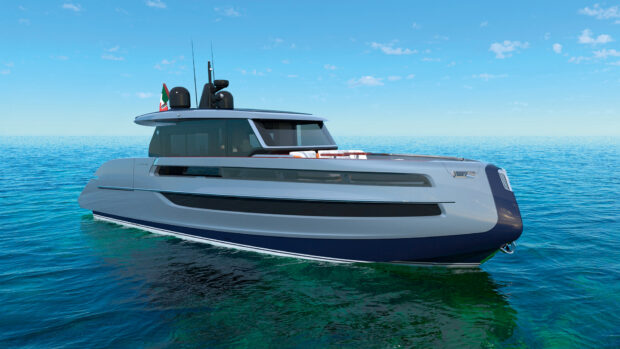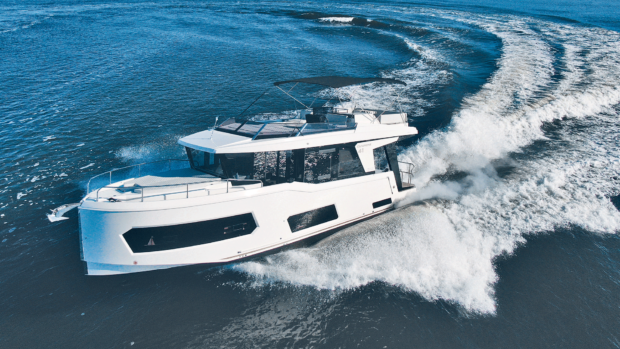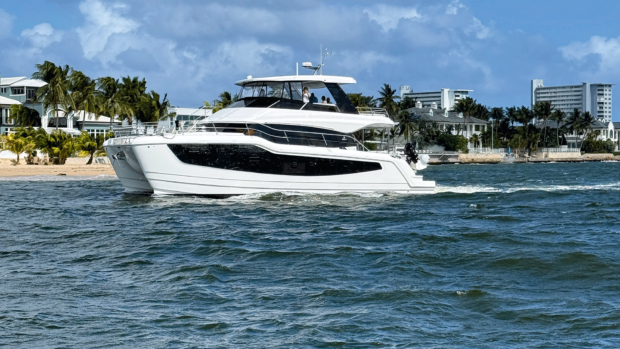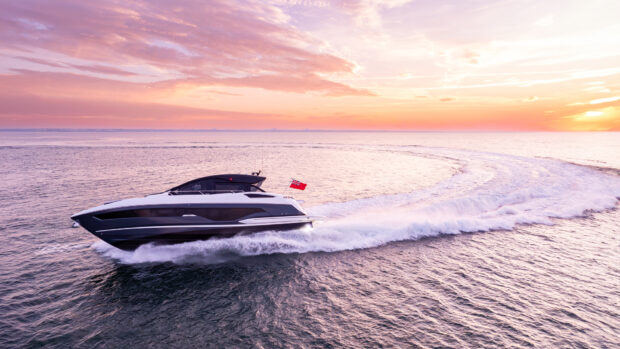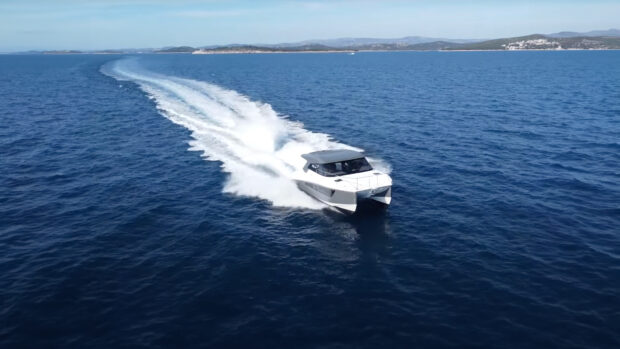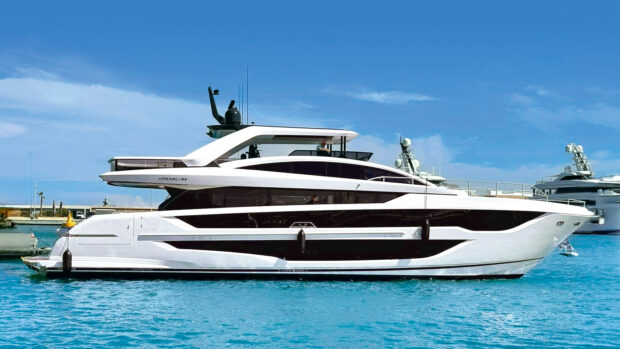Ofcom has backtracked on plans to increase RNLI fees for use of its radio channels by 600%
Ofcom has backed away from proposals to make the RNLI pay up to £260,000 a year for the use of radio channels in its lifeboat stations.
In a consultation launched in July 2008, Ofcom began looking at ways to revise its charges for the use of maritime and aeronautical radio spectrum.
Radio spectrum is finite, and is becoming increasingly clogged as more and more services look to utilise the radio waves.
In 2004 the Government proposed applying market forces to spectrum use through something called Administered Incentivised Pricing (AIP).
AIP, it was proposed, would not affect on-board VHF systems, but would impact shore-based radio units used by rescue services, port control stations, yacht clubs and marinas
Instead of a flat fee of £75 for a single coastal-strength station, Ofcom proposed making stations pay for the amount of spectrum they used.
This would have seen the RNLI’s annual radio licence fee jump 600% from £40,000 to £260,000.
But, in the face of overwhelming public opposition to applying AIP to the RNLI, Ofcom released a ‘position’ statement, in which it said that it supported the “established principle of applying discounts to spectrum fees payable by charities”.
This means the RNLI might actually see its charges fall as a result of the consultation to as little as £20,000.
This news has been cautiously welcomed by the RNLI. “While the charity welcomes these proposals, ideally it would like to see a complete exemption from AIP or a 100% discount,” it said.



